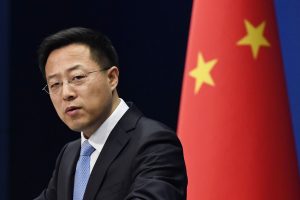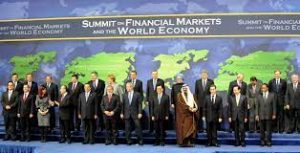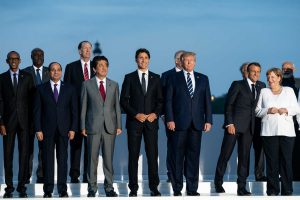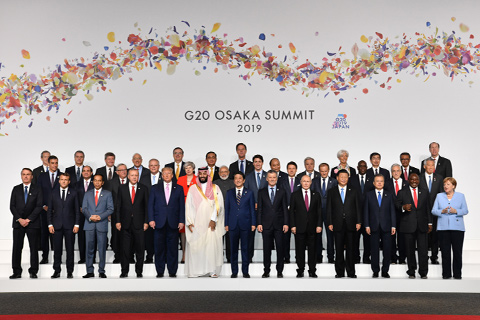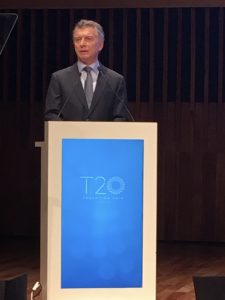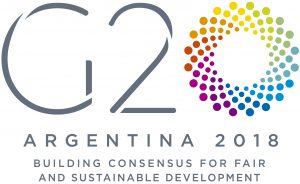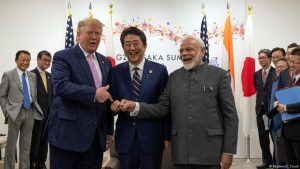
The remarkable thing about former Prime Minister Abe is that he started out as a nationalist. In his early years as a politician he focused on restoring Japan’s pride after the shame of World War II and the Tokyo Tribunal. As a prime minister, however, he took both a more pragmatic and a more internationalist approach. Shinzo Abe ended up having a global impact: not only, did he build more regional connections across the Indo-Pacific than any previous Japanese Prime Minister; he also rose up to become the defender of the liberal international order during the Trump Presidency, making strides both in developing international trade agreements and in advancing security alliances.
Shinzo Abe came from a blue blood political family, based in a Yamaguchi prefecture, the former Chōshū Domain (長州藩, Chōshū-han) that led the Meiji Restoration along with Satsuma and Tosa. His grandfather Kishi had led the industrial development of Manchukuo in the 1930s and served as Minister of Commerce in the Tojo Cabinet. Arrested by the American military in 1945 as suspected war criminal, he was released without trial in 1948, in part due his potential role as conservative leader in post-war Japan. He served as Prime Minister from 1957-1960, during which he led the renewal of the US-Japan Security Treaty. Abe’s uncle, Sato Eisaku was also Prime Minister from 1964 to 1972. In fact Prime Minister Eisaku was the longest uninterrupted Prime Minister until Shinzo Abe outlasted him! Abe’s father, Abe Shintaro, was a leading politician in his time, serving as minister in various portfolios (including the Ministry of Economy, Trade and Industry (METI) and Foreign Affairs) between 1972 and 1986. He was narrowly defeated as potential Prime Minister.
In the 1990s and 2000s, Shinzo Abe was well-known for his denunciation of the Tokyo tribunal and its conclusions on Japanese guilt, his links with nationalist groups, and advocacy of a “beautiful” or normal Japan with full autonomy and a real army. The issue that motivated him the most throughout his political life was to change the constitution written by the American occupiers, particularly Article 9, which formally forbade Japan to hold an Army or have the right of belligerency. This was a mission inherited from his grandfather, Kishi. And Shinzo Abe did bring that agenda to office in his first term as Prime Minister in 2006-2007, and quickly lost public support for it.



